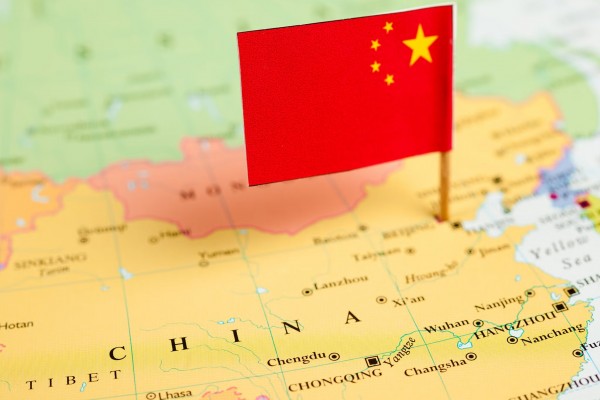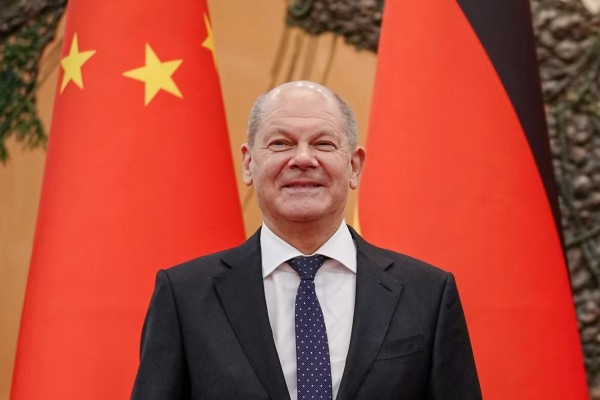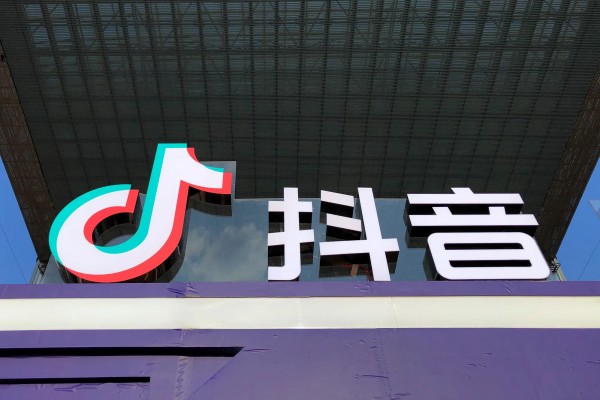Review №39 on Chinese Antitrust News from BRICS Antimonopoly Centre Experts
- Restructuring of SAMR Competition Divisions
- Cooperation of BRICS competition authorities
- People's Daily: the digital economy creates new jobs
- Inconsistent M&A
- The appeal of an antitrust fine
- Tightening of Tencent audits
- Internet advertising regulation
- Unfair Competition in Guangdong Province
Restructuring of SAMR Competition Divisions
In light of the official opening of the State Antimonopoly Office, SAMR reorganized its Antimonopoly Bureau - now, three divisions will deal with competition matters. The 1st Antimonopoly Department is responsible for enforcement of anticompetitive agreements, abuse of dominance and intellectual rights, the 2nd Antimonopoly Department is responsible for verifying economic concentration transactions, and the Competition Policy Coordination Department is responsible for the coordinated development and implementation of competition policy by various agencies and international cooperation in areas of competition.
Cooperation of BRICS competition authorities
Following the results of the 7th International Conference on Competition under the auspices of the BRICS, held on November 16-17, an article on the value of cooperation between the participating countries was published on the SAMR website. It calls antimonopoly cooperation a "golden key" to deepening international cooperation - China has signed 58 thematic documents with 34 countries and regions, including the BRICS countries. "Friendship knows no distance. The BRICS countries will strengthen cooperation and interaction in the field of competition, deepen partnerships within the BRICS, bear the "responsibility of the BRICS" for stabilizing and recovering the world economy, share the "BRICS wisdom" to address complex governance issues, apply "BRICS power" in response challenges to steer the development of economic globalization towards openness, tolerance, common good, balance and mutual benefit, together to create a wonderful and bright future with global fair competition, "said Ms Gan Lin, head of China's newly established government competition agency.
Source: SAMR
People's Daily: the digital economy creates new jobs
The main media of China spoke about the report of the Chinese Academy of Information and Communication Technologies - the study is devoted to the impact of the digital economy on employment. The main conclusion was the recognition of the growing role of this sector in creating new jobs and optimizing the structure of employment. According to the article, the digital industry is creating new professions related to smart manufacturing, industrial internet, virtual reality, smart equipment installation and configuration, which is gradually reshaping the employment structure in China.
Source: Russian.people
Inconsistent M&A
SAMR investigated 43 mergers and acquisitions, all of which were found to be non-competitive but were committed by parties without a due process complaint with the regulator. For violation of Art. 21 of the Antimonopoly Law of the PRC, which establishes the duty of notification, the participants in the transactions received the maximum possible fine of 500 thousand Chinese yuan (≈ $ 78 thousand). Many transactions relate to the Internet economy sector and involve major players in this sector - Alibaba, Tencent, DiDi, Baidu, Taobao, Ele.me, etc.
Source: SAMR
The appeal of an antitrust fine
On the 22nd of November, the 1st Beijing Middle People's Court held a hearing in the case of two pharmaceutical companies against SAMR: the plaintiffs disagreed with the received fine for anti-competitive practices. According to Southern Metropolis, this appears to be the first time in China that a central antitrust enforcement authority has become a defendant for such a reason. The hearing decision has not yet been announced.
In the spring of 2020, plaintiffs Shandong Kanghui Pharmaceutical and Weifang Puyunhui Pharmaceutical and Weifang Taiyangshen Pharmaceutical were fined for abuse of dominance in the calcium gluconate injection solution. The total amount of the penalty was 325.5 million yuan (≈ $ 46.2 million), a record amount of anti-monopoly penalties in the field of APIs in China.
Source: Weixin
Tightening of Tencent audits
As the Ministry of Industry and Informatization told reporters, violations of user rights have already been identified in 9 Tencent applications during the current year. In this regard, the department required the developer to provide all new products and updates to existing programs for mandatory technical verification before release. Tencent has announced its readiness to work with the authorities and the availability of current versions of applications for download.
In an exclusive report, The Wall Street Journal reported that amid concerns about data protection in Tencent's apps, some Chinese government companies have asked their employees to remove corporate messages from Weixin (the Chinese version of WeChat).
Internet advertising regulation
On the 26th of November, SAMR published a draft "Internet Advertising Regulation Methods" for public consultation. The document says that advertising includes the promotion of goods and services on Internet sites through a paid increase in search results, press releases, reviews and descriptions of user experience, as well as other forms of promotion with an offer of a link to purchase - such actions should be accompanied by the note "advertising". The "Methods" will also apply to marketing live broadcasts and advertising on cross-border marketplaces.
Unfair Competition in Guangdong Province
The Guangdong Provincial Market Authority compiled interim enforcement statistics - from January to October 2021, 328 cases were received, and 254 cases of unfair competition were reviewed, of which 63 (49 completed) were related to the Internet sector. In order to advocate the value of fair competition, the department published 10 of the most representative cases for the Internet economy: the main violations were false advertising (cheating orders, etc.), undermining the business reputation of competitors and unfair use of technical means.
Sources: SAMR




